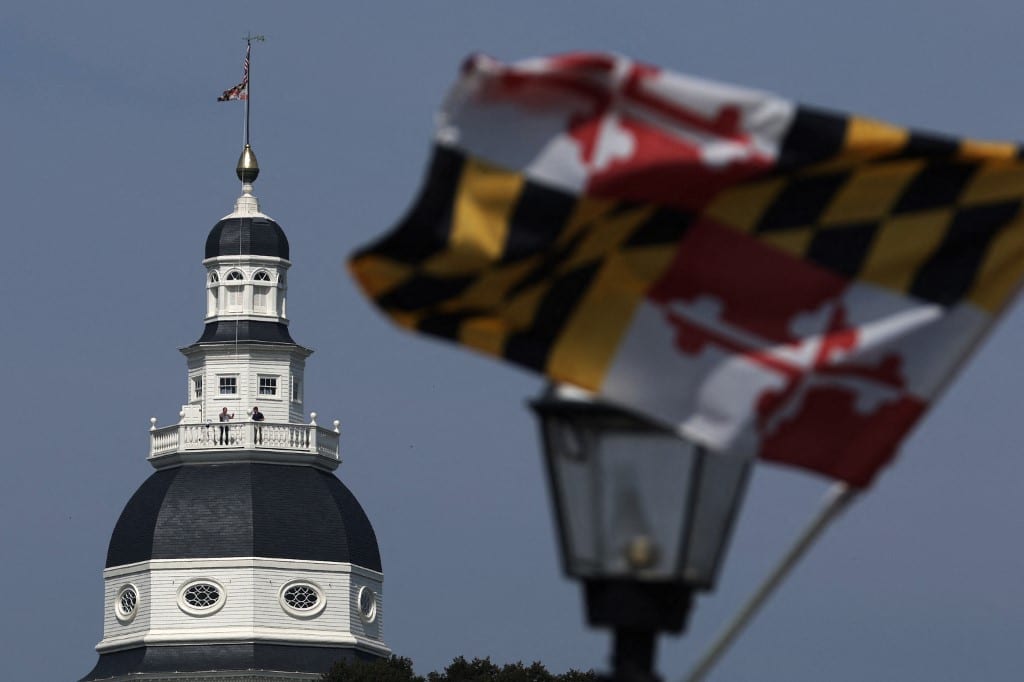
Prediction futures market Kalshi has run rampant throughout the United States by offering sports betting event contracts without the requisite state licenses.
It has scored early legal victories by claiming it is governed by a federal agency, the Commodity Futures Trading Commission (CFTC), and can thus operate with impunity, until a recent legal setback in Maryland.
Maryland Judge Bucks System
Nevada and New Jersey saw things Kalshi’s way and allowed for the designated contract market (DCM) platform to continue offering sports event contracts, in much the same way people have traditionally purchased gold, silver, or other commodity contracts as investment opportunities.
Those early legal victories have empowered Kalshi and other platforms like it to operate within the tightly controlled state-regulated markets without getting a license, claiming they are governed by the CFTC and have federal authority to operate anywhere in the nation.
However, a Maryland judge recently ruled against Kalshi and adjudicated in a much different fashion than either of the judges in Nevada and Maryland. It was the company’s first legal setback, and it paved the way for what could be a bumpy road in other jurisdictions.
Kalshi’s Legal Arguments Fall Flat in Maryland Courtroom
An injunction filed by Kalshi over three months ago against Maryland Lottery and Gaming’s cease and desist letter to ban it from operating in the First State came before Judge Adam B. Abelson, and his ruling finally occurred on Friday of last week.
Kalshi attorneys used several narratives from their previous successful cases to argue why the company should be allowed to operate unfettered in the Maryland market. However, Abelson did not agree with the previous rulings and cast doubt on their legal merit.
One of the foundations for Kalshi’s opinion cited the Commodity Exchange Act (CEA) and related federal laws such as Dodd-Frank, which they argued preempted state gaming laws. The judge agreed that there was some merit to the federal laws superseding state laws, but was uncertain that it applied in this case, vis-à-vis sports event contracts.
The Crux of the Matter
The judge believes state regulatory agencies should have jurisdiction in licensing sportsbooks and establishing rules for the industry and was uncertain that Congress had specifically allowed the CFTC to overrule states in all matters, particularly sports betting.
“Kalshi’s burden with respect to its field preemption claim is to establish that Congress clearly and manifestly intended to strip states of their authority to regulate gambling if the company offering such wagering opportunities has been approved to sponsor a designated contracts market for commodities trading. Kalshi has not established that Congress had such a clear and manifest purpose.”
The judge also considered the merits of the state’s legal argument, stating that the Commodity Exchange Act did not allow companies under its jurisdiction to override federal laws like the Indian Gaming Regulatory Act (IGRA) and the Wire Act.
Lastly, the judge believes if Kalshi and other DCM platform providers did apply and were granted a license to offer sports betting contracts, it would not conflict with the rules of the Commodity Exchange Act.
“It is Kalshi’s desire not to comply with Maryland law and presumably incur some additional compliance costs—not the existence of Maryland consumer protection laws themselves—that creates the situation Kalshi professes to worry about. So long as Kalshi obtains a license and complies with Maryland sports gambling laws, those laws would not pose an obstacle to Kalshi making the sports gambling portion of its platform available to users in Maryland.”
This is only the first of what should be many legal battles in Maryland, but it is an early-round victory for Maryland regulators.








